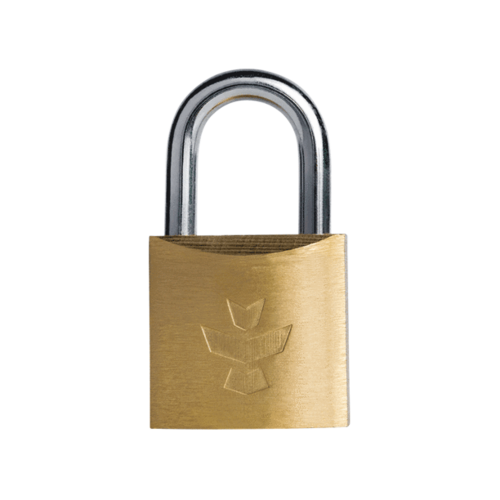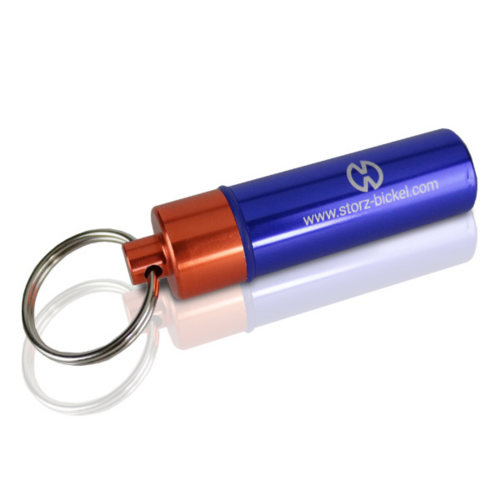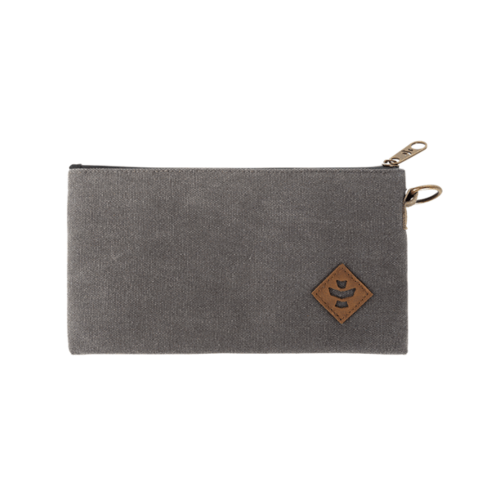Anger is an intense expression of emotion. It involves a strong uncomfortable and hostile response to a perceived provocation, hurt or threat. Anger can occur when a person feels their personal boundaries are being or are about to be violated. Some have a learned tendency to react to anger through retaliation as a way of coping.
The ideal goal of anger management is to control and regulate anger so that it does not result in problems.
- Chronic: which is prolonged, can impact the immune system and be the cause of other mental disorders
- Passive: which doesn’t always come across as anger and can be difficult to identify
- Overwhelmed: which is caused by life demands that are too much for an individual to cope with
- Self-inflicted: which is directed toward the self and may be caused by feelings of guilt
- Judgmental : which is directed toward others and may come with feelings of resentment
- Volatile: which involves sometimes-spontaneous bouts of excessive or violent anger
- Medical causes such as drug addiction, alcoholism, a mental disability, biochemical changes and PTSD
- Psychosocial factors such as stress, financial issues, abuse, poor social or familial situations, and poverty
- A history of trauma, particularly sexual trauma
- Genetics
- Physical, abnormal mechanisms in the part of the brain that inhibits or prohibits muscular activity through the neurotransmitter serotonin
Behavioral:
- Physical aggressiveness
- Verbal aggressiveness
- Angry outbursts
- Physically attacking people and/or objects
- Damaging property
- Road rage
Physical:
- Headaches
- Muscle tension
- Chest tightness
- Palpitations
- Tingling
- Feelings of pressure in the head
- Tremors
Cognitive:
- Low frustration tolerance
- Feeling a loss of control over one’s thoughts
- Racing thoughts
Psychosocial:
- Feelings of rage
- Uncontrollable irritability
- Brief periods of emotional detachment
- 7.3% of adults at some point throughout their lifetime
- 64% either strongly agree or agree that people in general are getting angrier
- Almost a third of people polled (32%) say they have a close friend or family member who has trouble controlling their anger
- More than one in ten (12%) say that they have trouble controlling their own anger
- More than one in four people (28%) say that they worry about how angry they sometimes feel
- One in five of people (20%) say that they have ended a relationship or friendship with someone because of how they behaved when they were angry
- Fewer than one in seven (13%) of those people who say they have trouble controlling their anger have sought help for their anger problems
Cannabis Benefits
When you let CBD into your body, it begins to search through your body like a flat tire. It finds the holes and inconsistencies and tries to fix them. If you have a chemical imbalance that is associated with the Endocannabinoid System, taking CBD can help regulate that imbalance.










